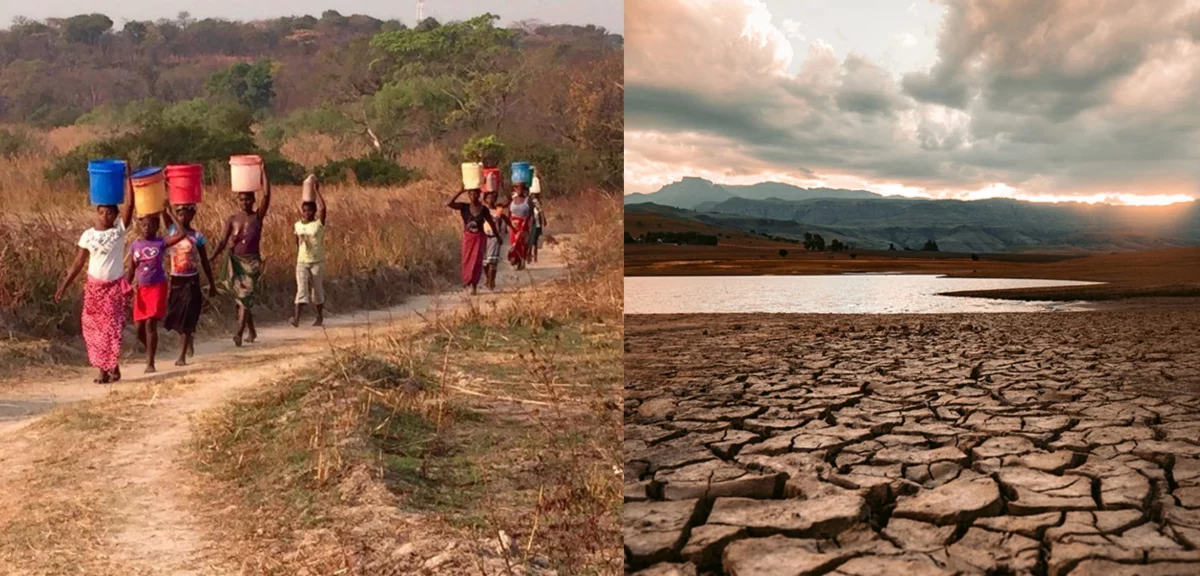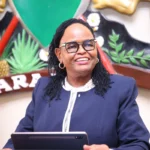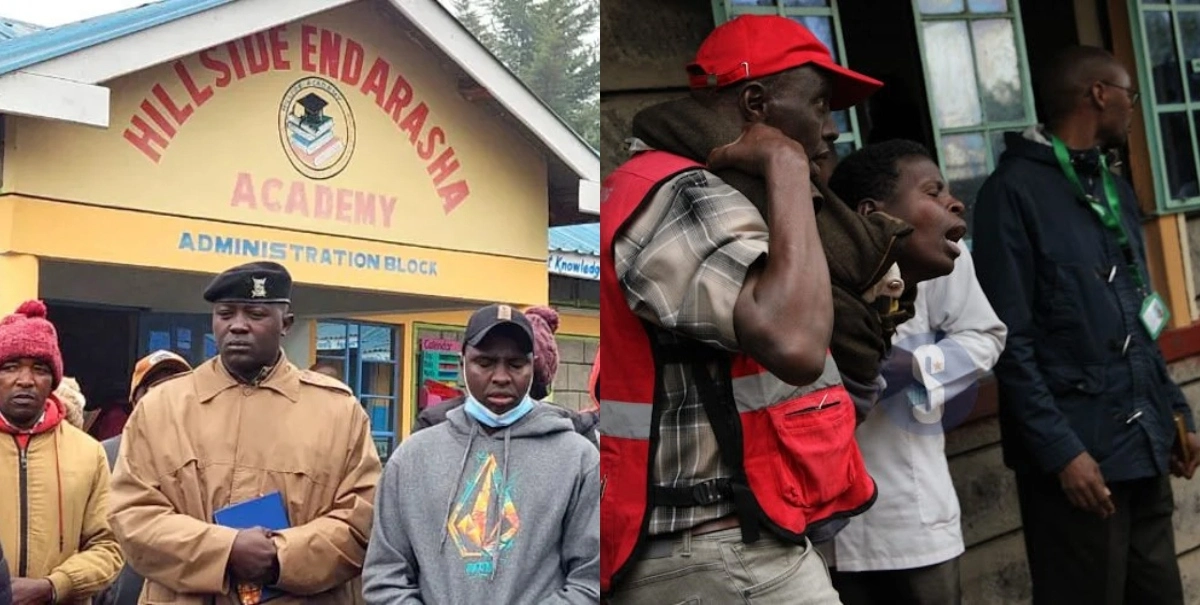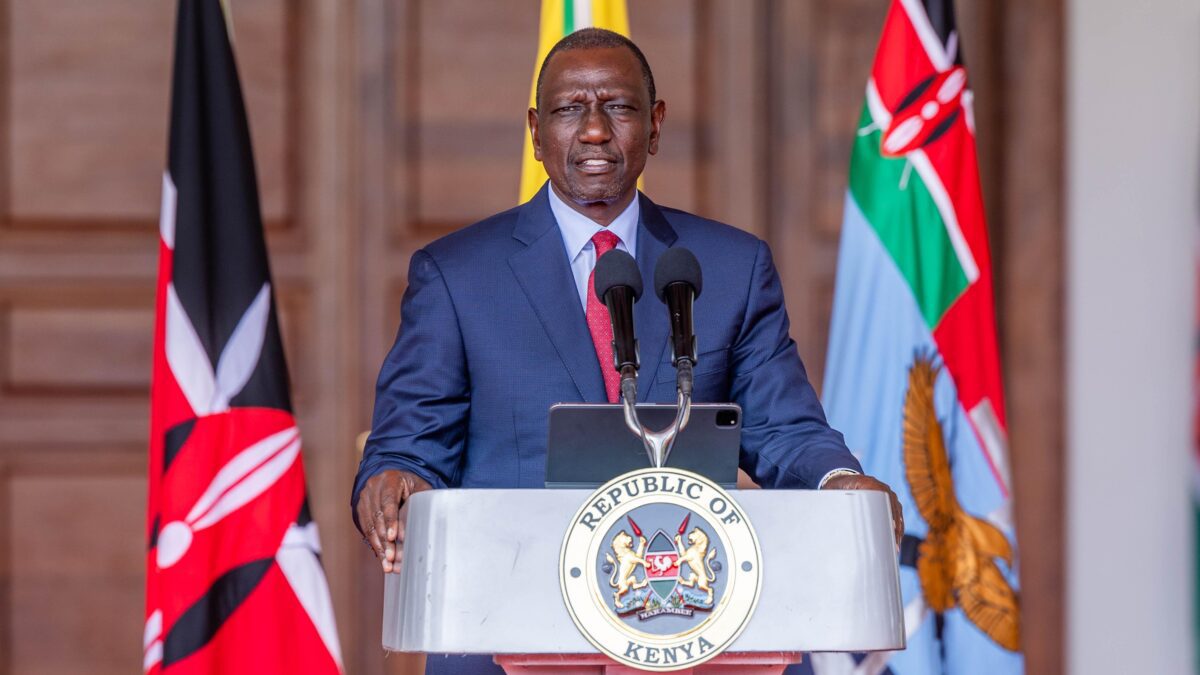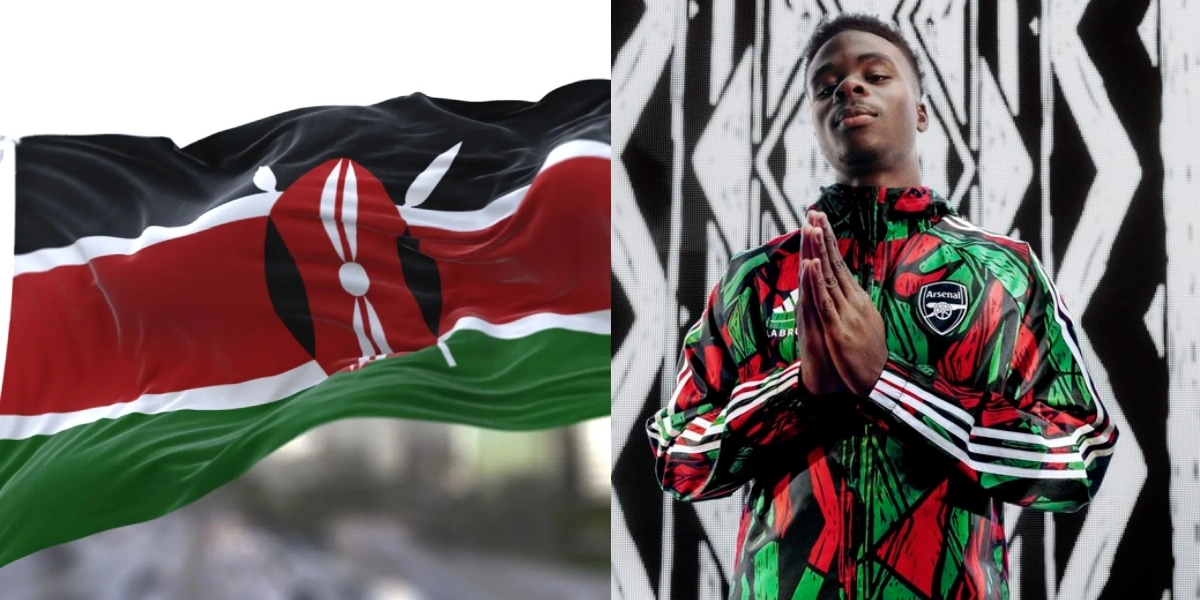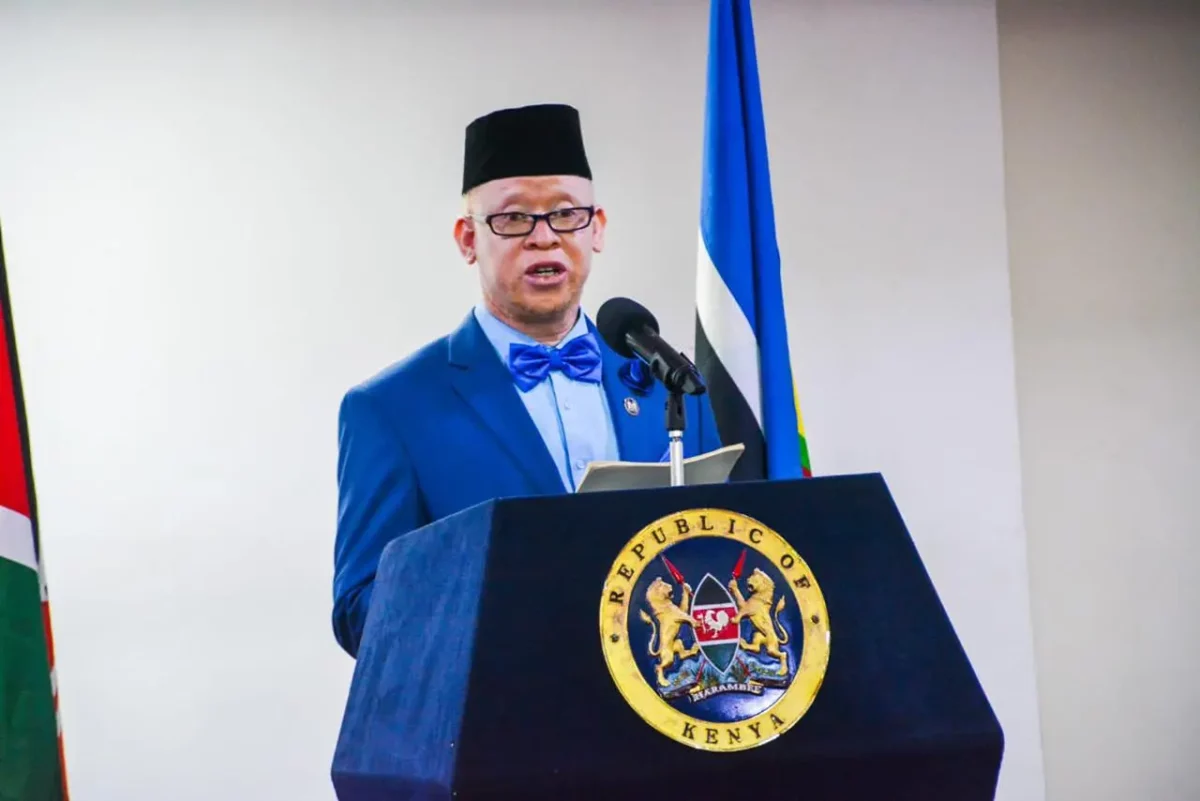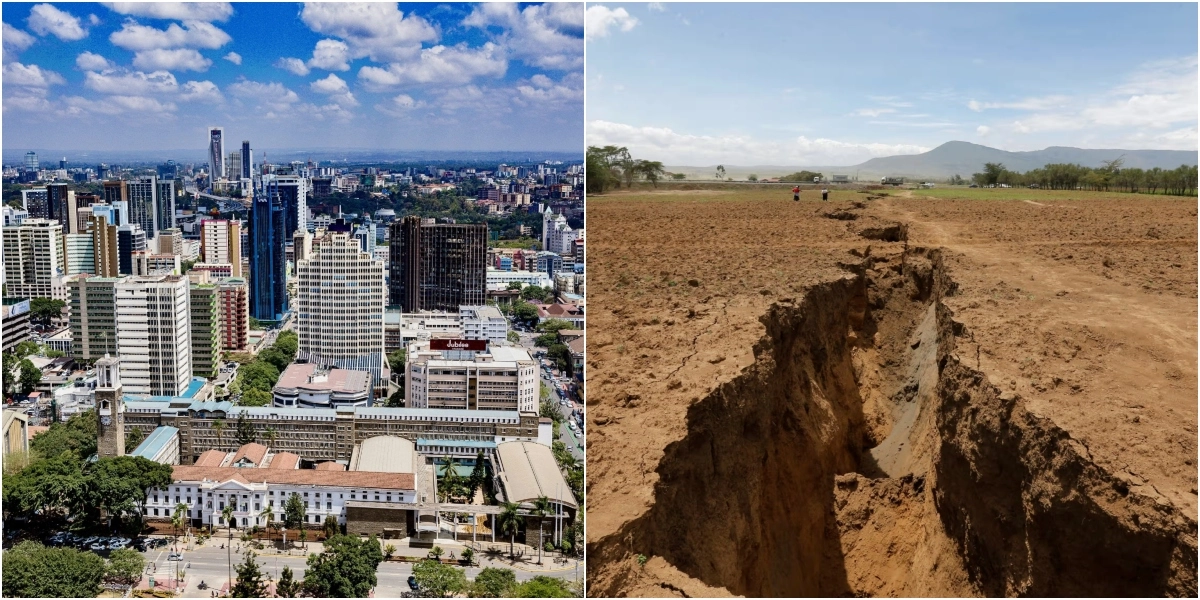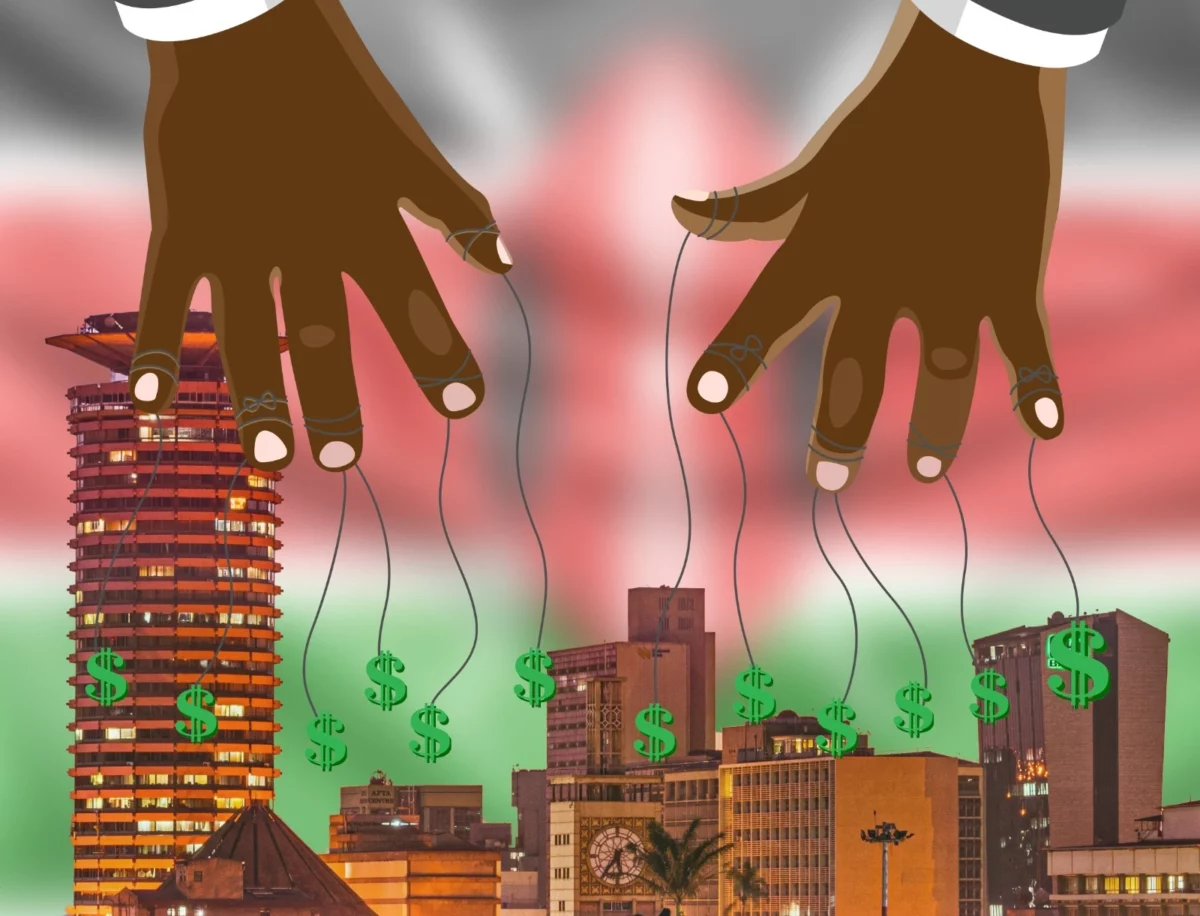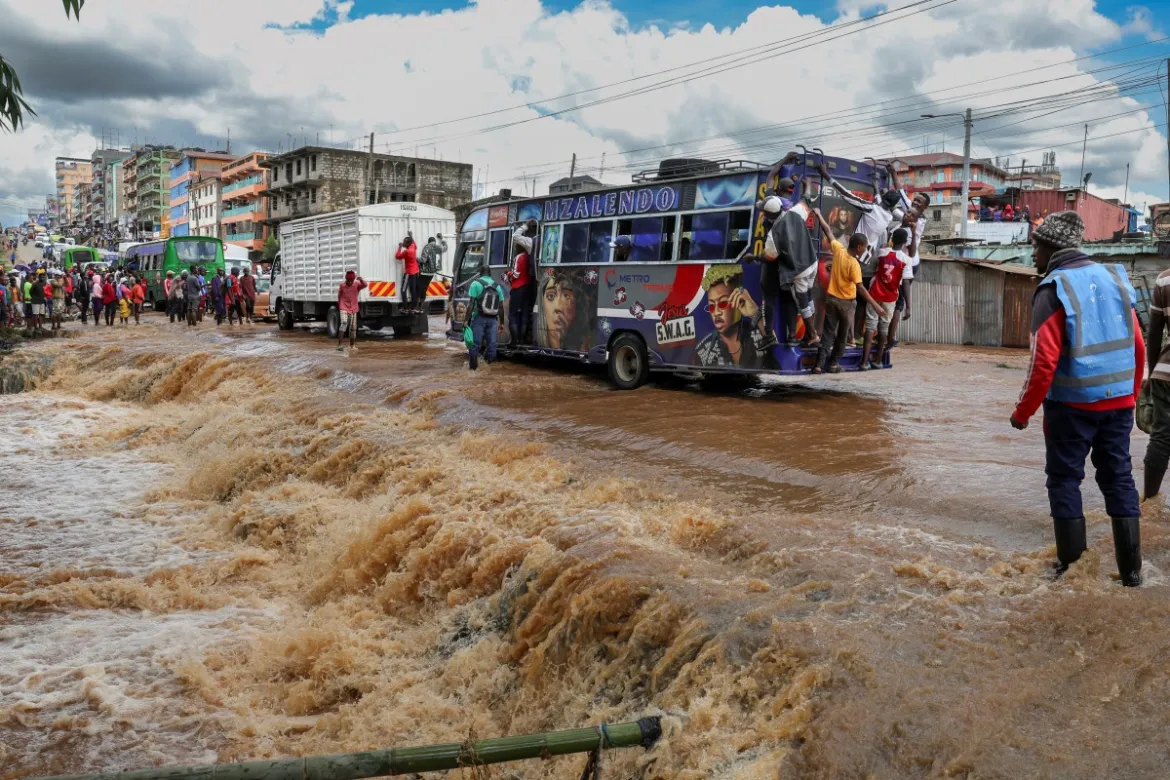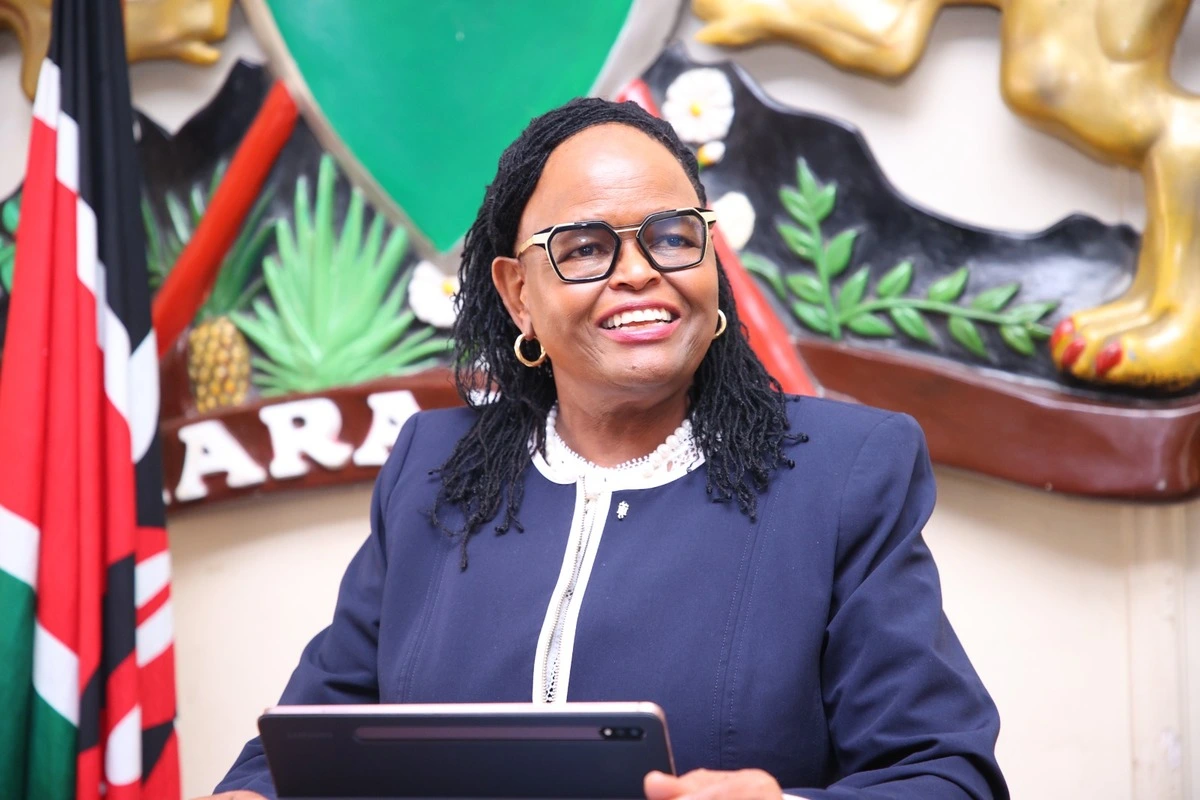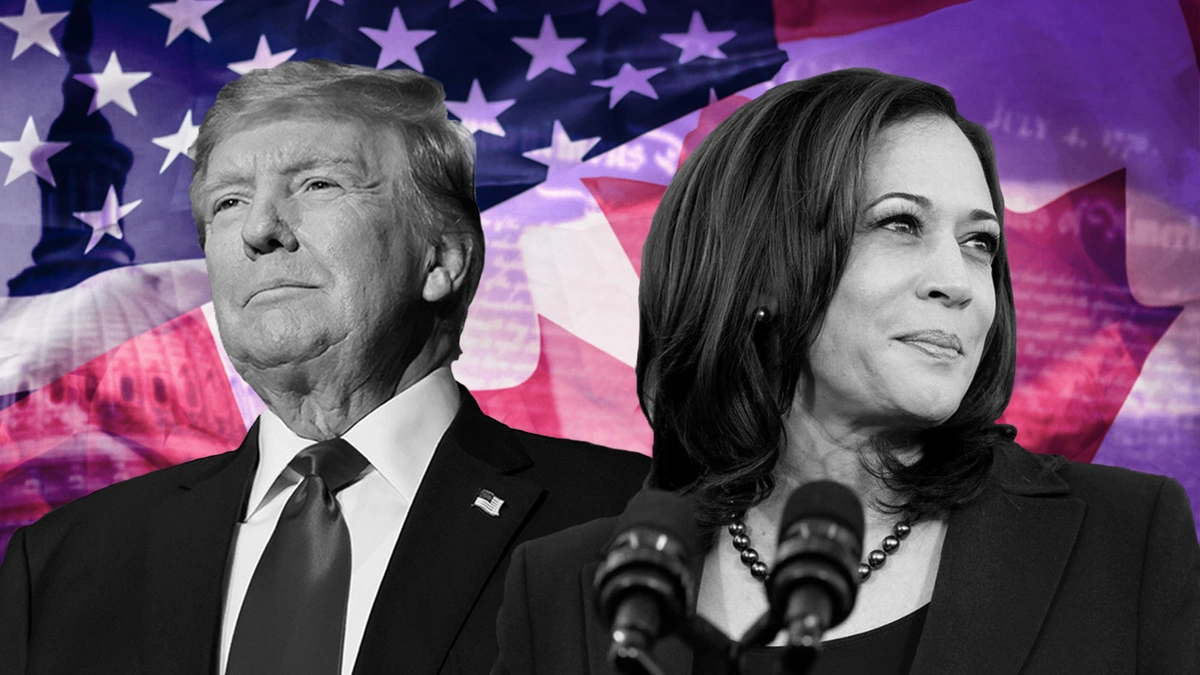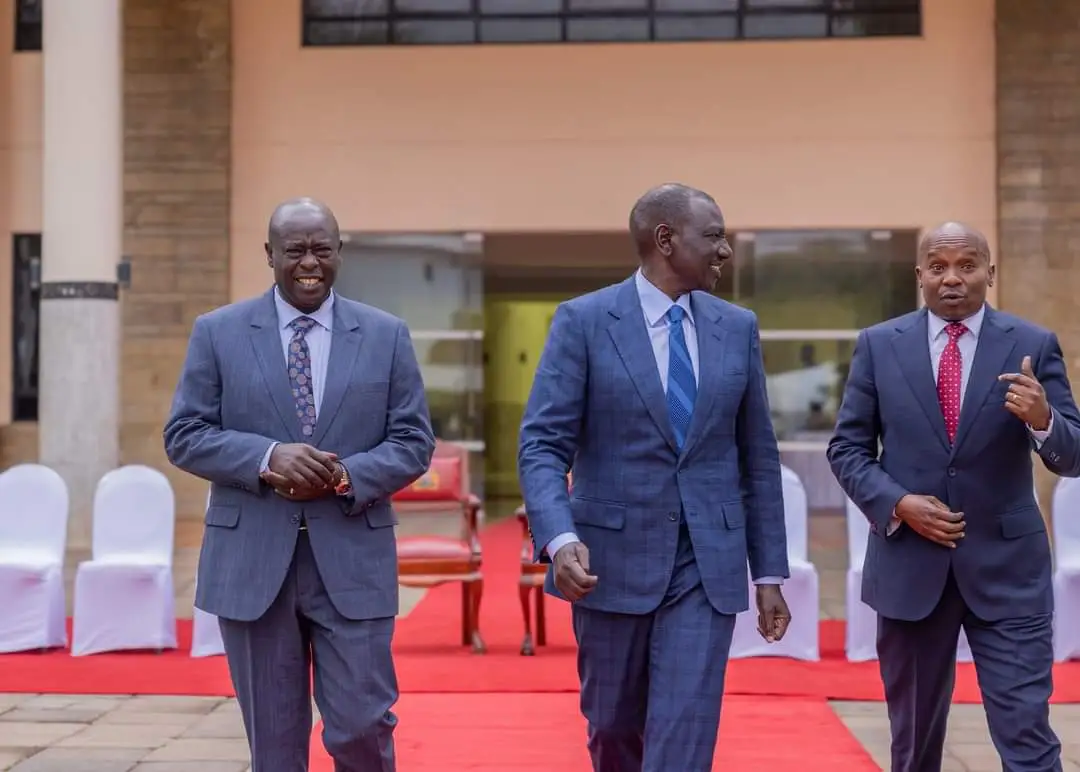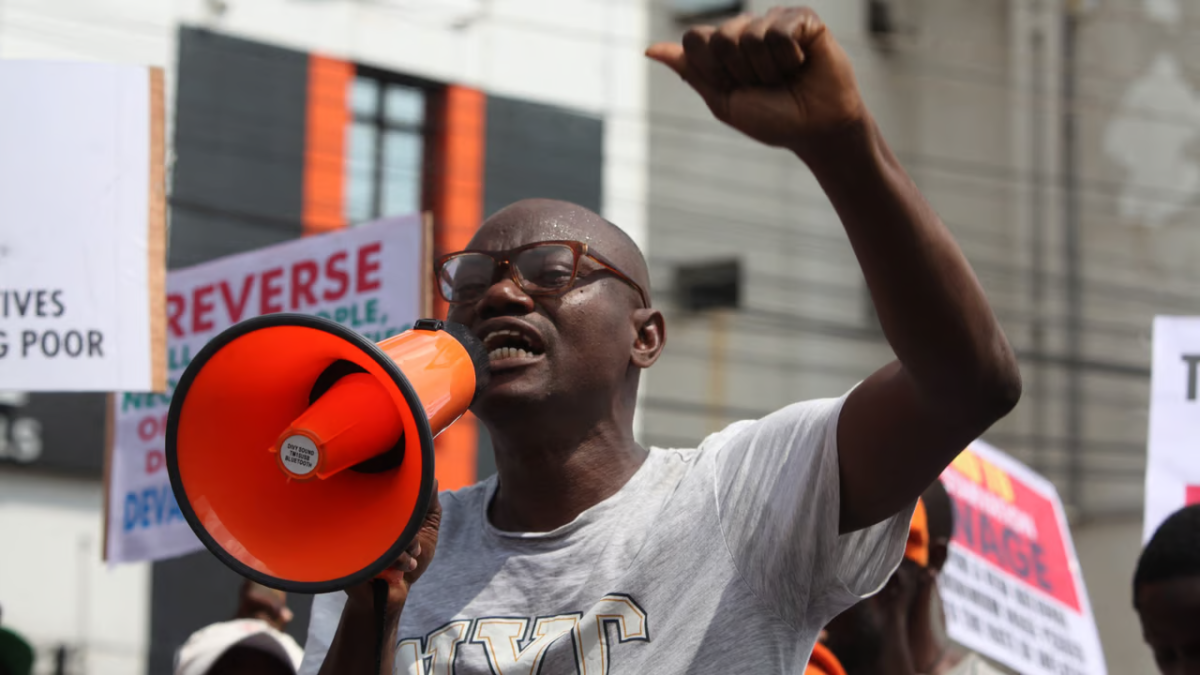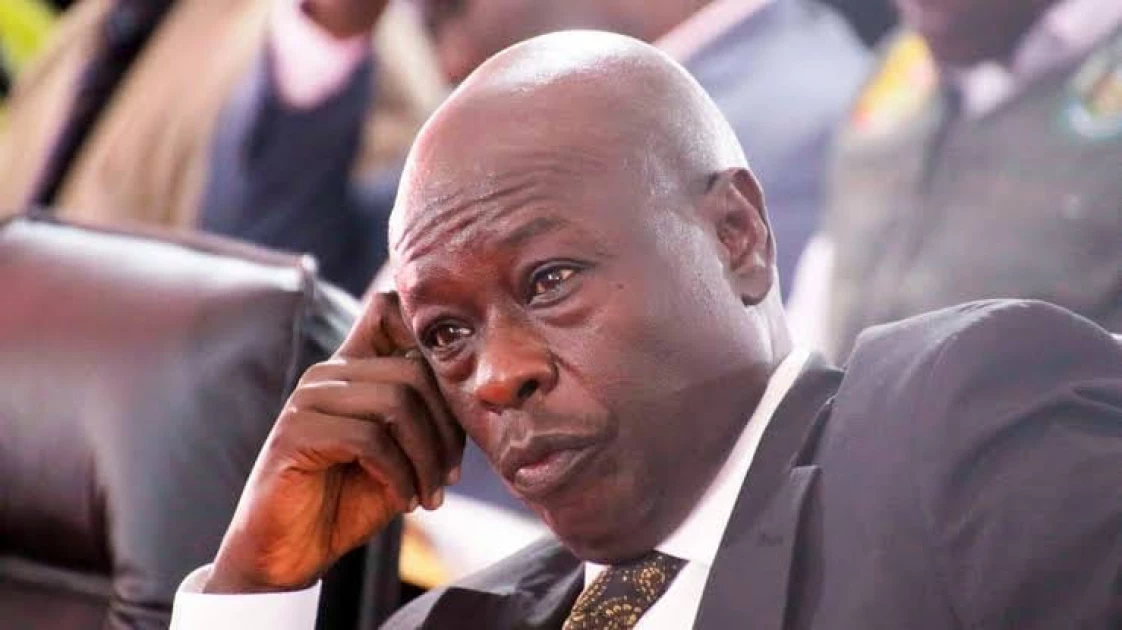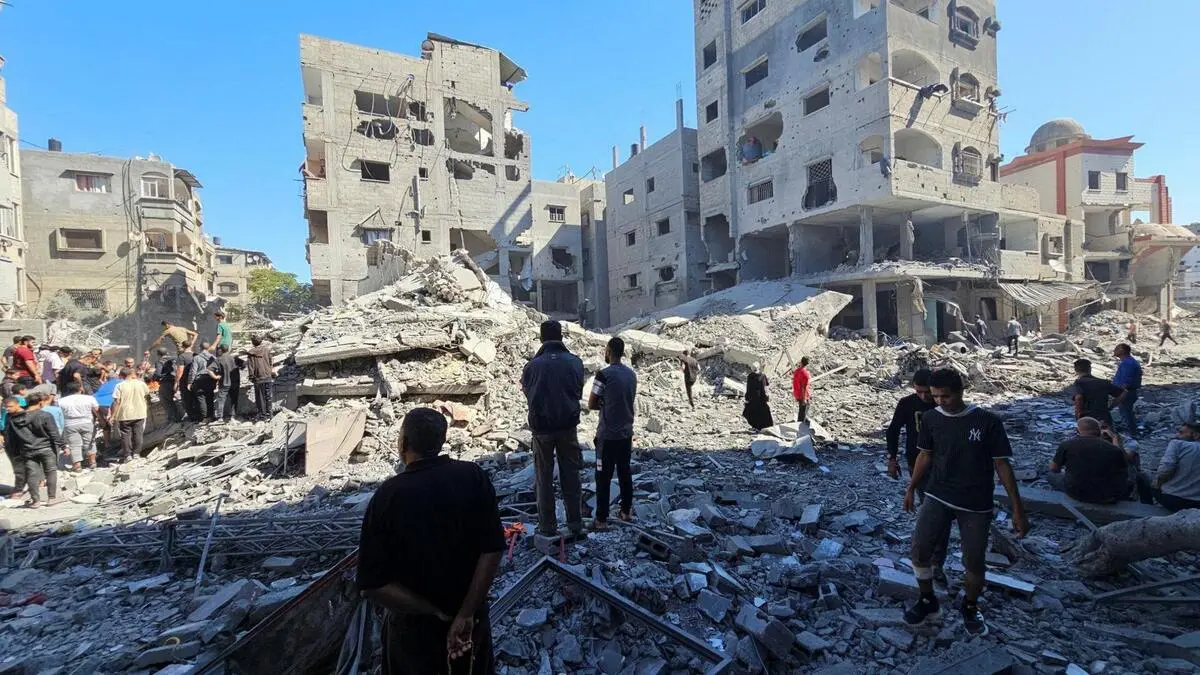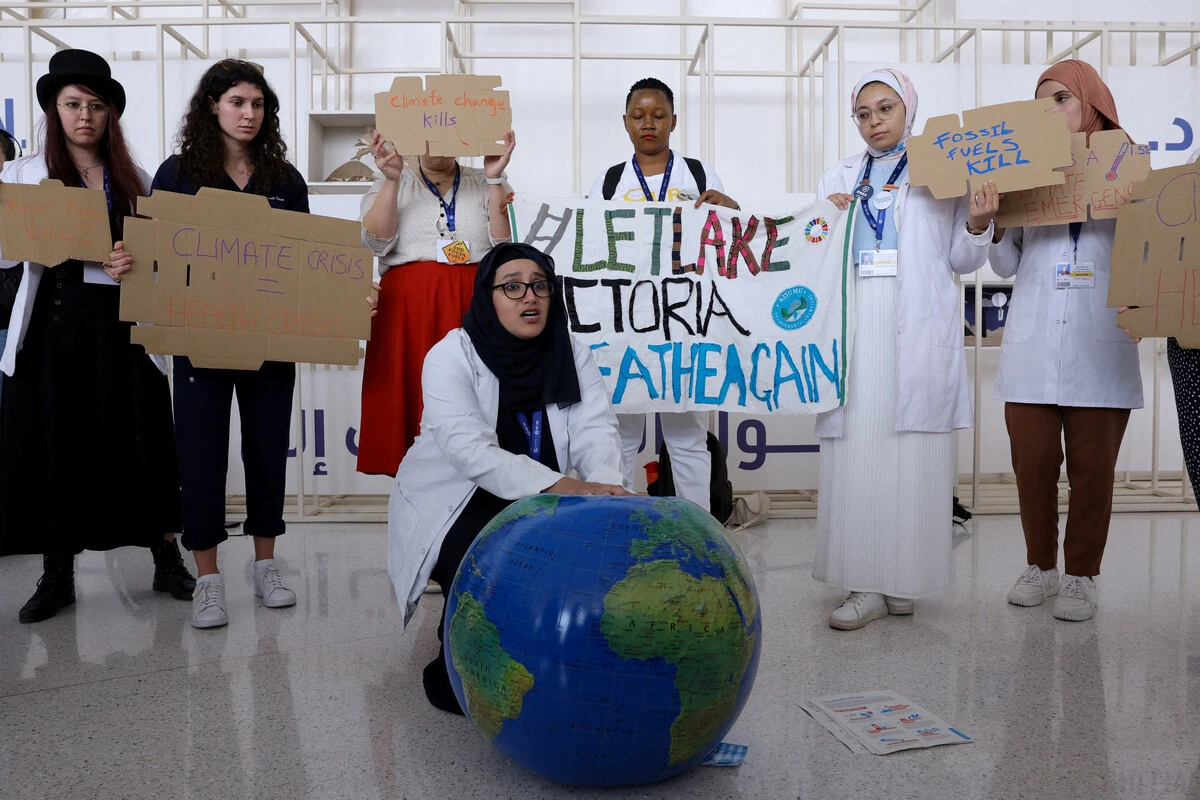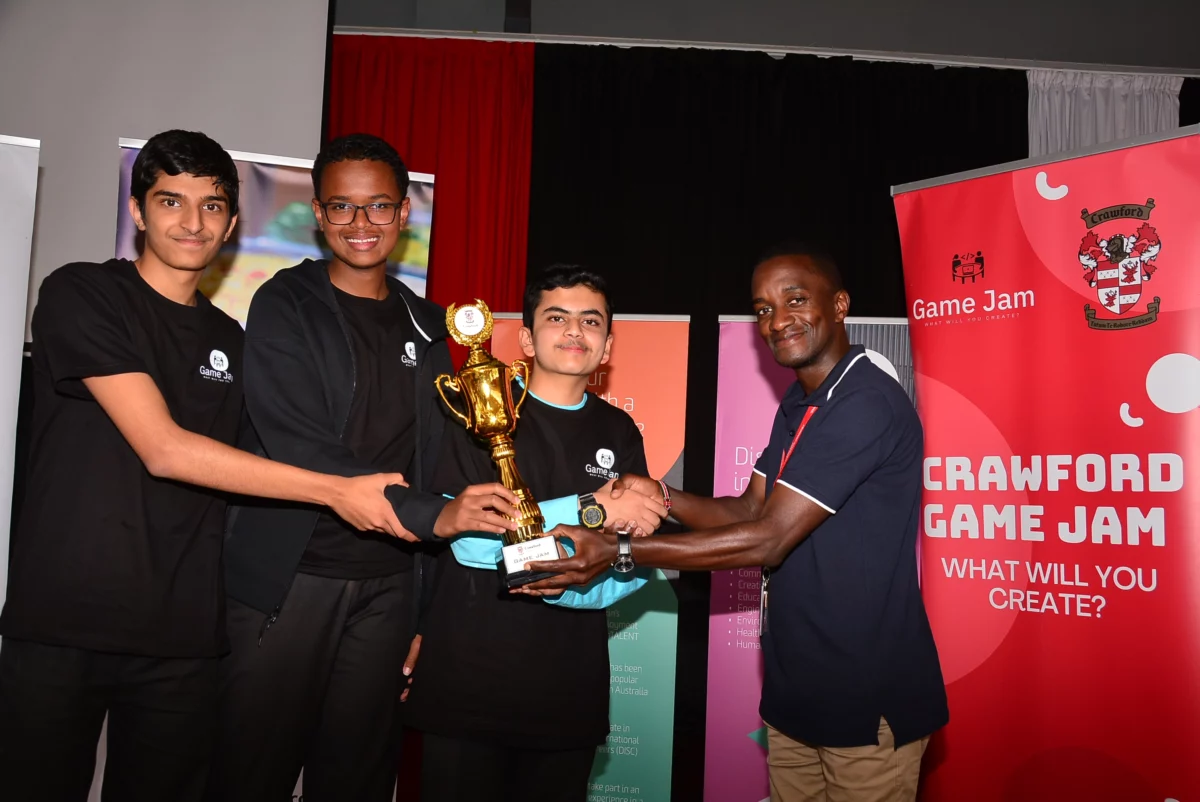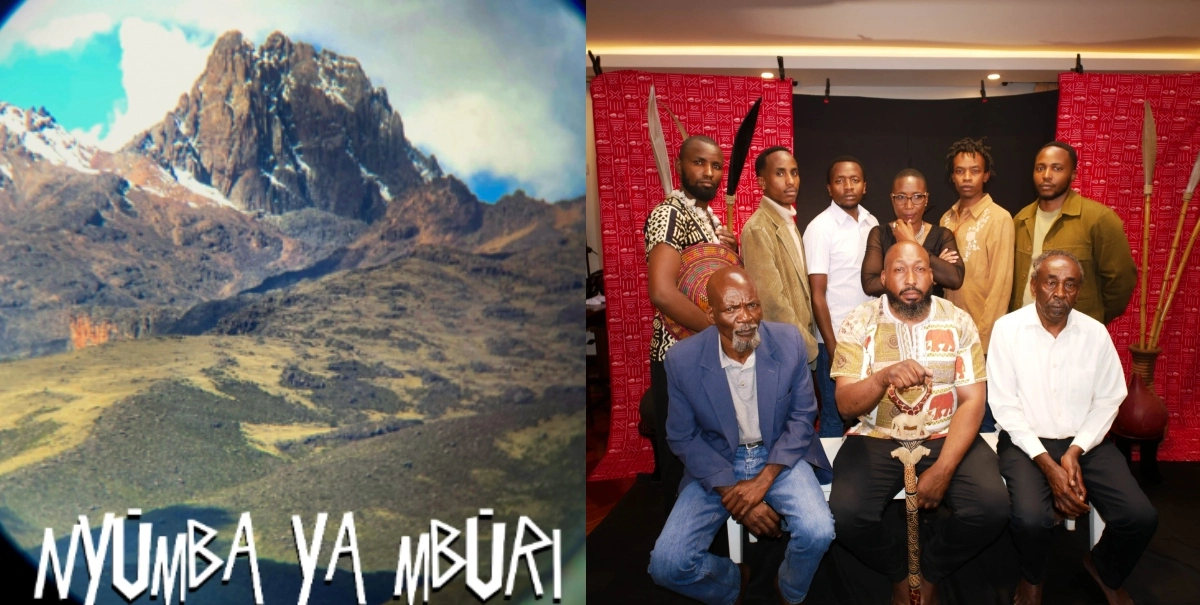The current amount of climate finance flowing to Africa is simply not fulfilling the massive needs of the continent’s efforts against climate Change.
While climate finance needs in Africa are estimated at $250 billion (Ksh.30.3 trillion) per year, total climate finance mobilized in the region in 2020 was only $29.5 billion (Ksh. 3.6 trillion), only 14% of the amount needed (CPI 2022a; CPI, forthcoming).
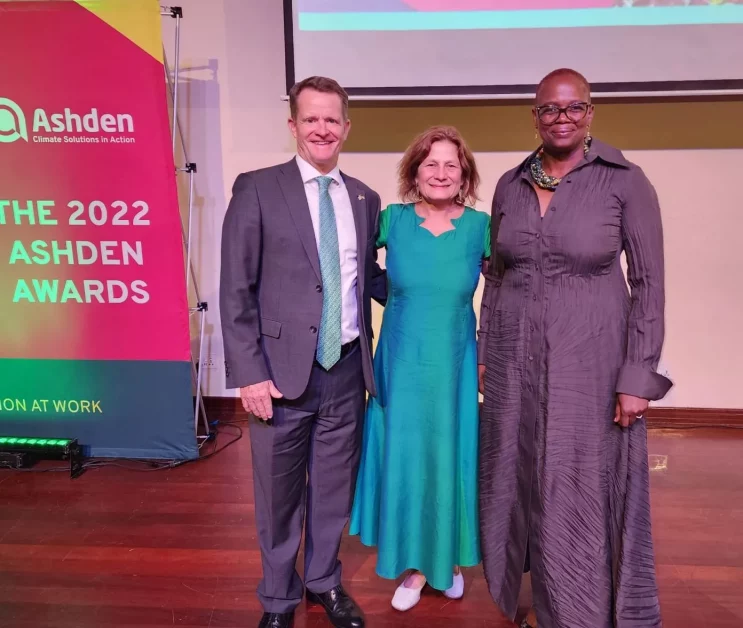
According to Ashden CEO, Harriet Lamb, “The key to climate mitigation is finance, but there appears to be a complete breakdown of trust between wealthy world countries that promised $100 billion (Ksh. 12.1 trillion) in a year.”
“The 26th UN Climate Change Conference of Parties (COP26) in Glasgow on 31st October – 13th November 2021 instructed the poorer countries to get out of gas and oil sites. As negotiators at the Glasgow climate talks try to agree on greenhouse gas cuts, African leaders say poorer countries can’t be expected to remake their systems as quickly as wealthy ones.”
Follow this link and vote for Buni in partnership with Switch Media for the One Africa award 2022.
Meeting Africa’s climate finance needs will require significantly higher levels of investment, especially from the private sector.
Being a major partner with Kenya, the UK government has invested in off-grid solar energy and a new fund to develop green, affordable housing.
In an interview with Switch Media on Thursday, October 27 during the Ashden Awards 2022 ceremony held in Nairobi, the UK Deputy High Commissioner to Kenya, Mr.Julius Court stated that the UK government has suffused the Kenyan government with green finance in a roadmap to saving the planet.
“We’re very much supporting the government here and our local partners. So we work on, we support on mangroves, we work on support, awards like this. We work actually on green finance. Give even more money to green initiatives. We’ve helped with the regulations on the first, green bond, and now others can follow in many different areas. We’re very keen, to work in Kenya. The innovation is fabulous.”
Subscribe to YouTube Channel at Switch TV.
Projects funded by the UK government in Kenya
“We have a terrific partnership with Kenya. It’s framed by something we call a strategic partnership, and it basically covers, a number of main areas. The first one, of course, is international development, health, and education, among others.
“We also focus very much on economic issues; jobs, we are very much supporting Kenyan cities.
“Urbanization is one of the most important trends that is happening in this country. On climate, we’re very proud of our work on forests, but also on climate finance.
“And finally, I would say we work on humanitarian issues. You’ve seen the drought, the floods here, and just really helping, the government and different communities, work together to resolve that,” Julius Court elucidated.
The Climate innovations that Government and other partners should venture in to save the Planet.
Young people and future generations will be the worst affected by climate change. Statistically, nearly 2.2 billion children in the world have been exposed to at least one climate-related risk – from toxic air pollution to wildfires or droughts.
Critical, to helping fight climate change and building resilience are Earth’s ecosystems, forests, grasslands, and wetlands are natural climate solutions in that they capture and sequester carbon.
UKaid through incorporation with the innovators, quite a number of climate innovations have been discovered that will enhance sustainability and adaptability in leading the African continent to zero-carbon emission.
“I think a number of really interesting ones that can go to scale are some of the ones we’ve seen here. For example, cooling systems, and solar power.”
“The award winner today, SokoFresh, is in that area. There are other ones that do that for example, solar-powered fridges for dairy that can be scaled up. One innovation that we think is terrific,” Julius Court added.
Issues to be discussed in the COP27 as leeway to saving the planet
With the 1.5-degree goal increasingly in jeopardy, where are the highest stakes on the COP27 agenda?
Which issues, like loss and damage, or political freedoms, are a priority for the most vulnerable groups and countries — and how can they be addressed?
What has the world accomplished since COP26 on behalf of pledges like protecting and restoring forests?
Will this year’s climate negotiations take us from talk to tangible action?
“I think more than anything, as we found out this year in COP 26, as we go into COP 27, again, we’re seeing one of the worst droughts on record here in the Horn of Africa. We’re seeing floods. We’ve had floods here in Kenya. There’ve been floods more recently in Nigeria.
“I mean, literally, this is the time we have to take action. And from the development side, I would love to see more of the things we’ve talked about today, including innovation. All these brilliant innovations in Kenya, why can’t they do them next door? Tanzania. Uganda, we’ve seen great ideas from Zimbabwe.
“Let’s take them across, across Africa. These are the kinds of things that I think we want to see. It’s that innovation going across and we have to now get the private sector finance, involved. There are so many great projects. Let’s get them funded.”
The winners of the Ashden awards 2022 will also attend the global Ashden Awards ceremony in London on the 2 November joining three UK award winners.
Read also:


